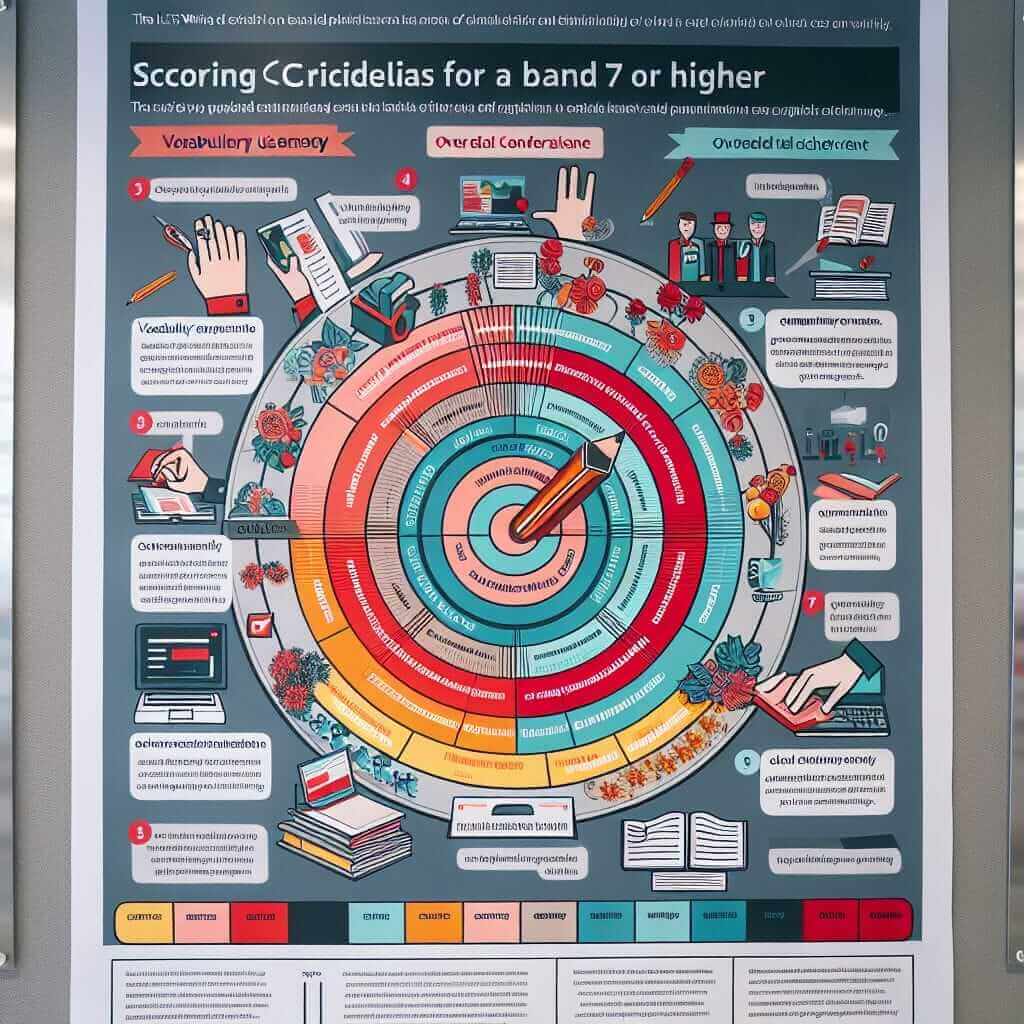Many IELTS candidates struggle with introducing topics in a sophisticated and natural way. While simple phrases like “regarding” or “concerning” work, using “as regards” can significantly enhance your writing score. This article delves into the nuances of using “as regards” effectively in your IELTS essays, providing you with the tools and confidence to impress your examiners.
Consider these examples illustrating its application in different IELTS writing sections:
Task 1:
- Original: “The graph shows the unemployment rate in Spain.”
- Improved: “As regards unemployment, the graph reveals a steady increase in Spain’s jobless rate.”
Task 2:
- Original: “Some people believe that technology has made our lives easier.”
- Original: “As regards the impact of technology, there is a school of thought that it has greatly simplified our daily lives.”
In both examples, “as regards” acts as a formal discourse marker, subtly guiding the reader’s attention to the specific topic being addressed.
Understanding “As Regards”
“As regards” serves as a prepositional phrase meaning “concerning,” “regarding,” or “with respect to.” It’s generally used in formal writing and speaking situations to introduce a specific topic or subject for discussion. While it might not be as frequent as other transition words, its correct and impactful usage can demonstrate a strong command of academic English, a quality highly valued in the IELTS exam.
Usage and Grammar
Formula:
As regards + Noun (phrase) + Comma + Sentence
Breakdown:
- As regards: This fixed phrase signals the introduction of a topic.
- Noun (phrase): This is the topic you are about to discuss. It could be a single word like “education” or a phrase like “the benefits of online learning.”
- Comma: Always use a comma after the noun phrase to separate it from the main clause.
- Sentence: This sentence elaborates on the topic introduced.
IELTS Writing Application:
-
Task 1 (Describing graphs/charts): Use “as regards” to transition between different trends or data points. For instance, “As regards the first quarter, sales remained stagnant…”
-
Task 2 (Essay Writing): Employ it to introduce different perspectives on an issue or to shift focus between arguments. For example, “As regards the economic implications, several experts argue…”
Examples in IELTS Writing
Task 1:
“The chart illustrates the modes of transport used by commuters in London. As regards public transportation, the underground remains the most popular choice, followed by buses.”
Task 2:
“Some argue that space exploration is a waste of resources. However, as regards the potential for scientific discovery, the endeavor holds immense value.”

Achieving a Higher Band Score
To reach band 7 and above in your IELTS writing, consider these tips:
-
Varied Vocabulary: Don’t overuse “as regards.” Alternate it with synonyms like “concerning,” “with respect to,” “in terms of,” or “pertaining to.”
-
Formal Tone: Remember, “as regards” suits formal writing. Avoid using it in informal contexts.
-
Precise Application: Ensure the noun phrase following “as regards” directly relates to the subsequent information. This maintains clarity and coherence.
Common Errors to Avoid
-
Missing Comma: Always place a comma after the noun phrase following “as regards.”
-
Informal Use: Refrain from using this phrase in informal writing tasks or speaking sections.
-
Incorrect Subject-Verb Agreement: Double-check that the verb in the main clause agrees with the subject, especially when the noun phrase following “as regards” is singular.
Conclusion
Mastering linking phrases like “as regards” is crucial for achieving a high score in the IELTS writing exam. By understanding its usage, applying it accurately, and avoiding common pitfalls, you can significantly enhance the clarity, coherence, and sophistication of your writing, ultimately boosting your overall band score. Remember, practice makes perfect! Consistently integrate “as regards” and similar transition words into your writing practice to solidify your understanding and build confidence.